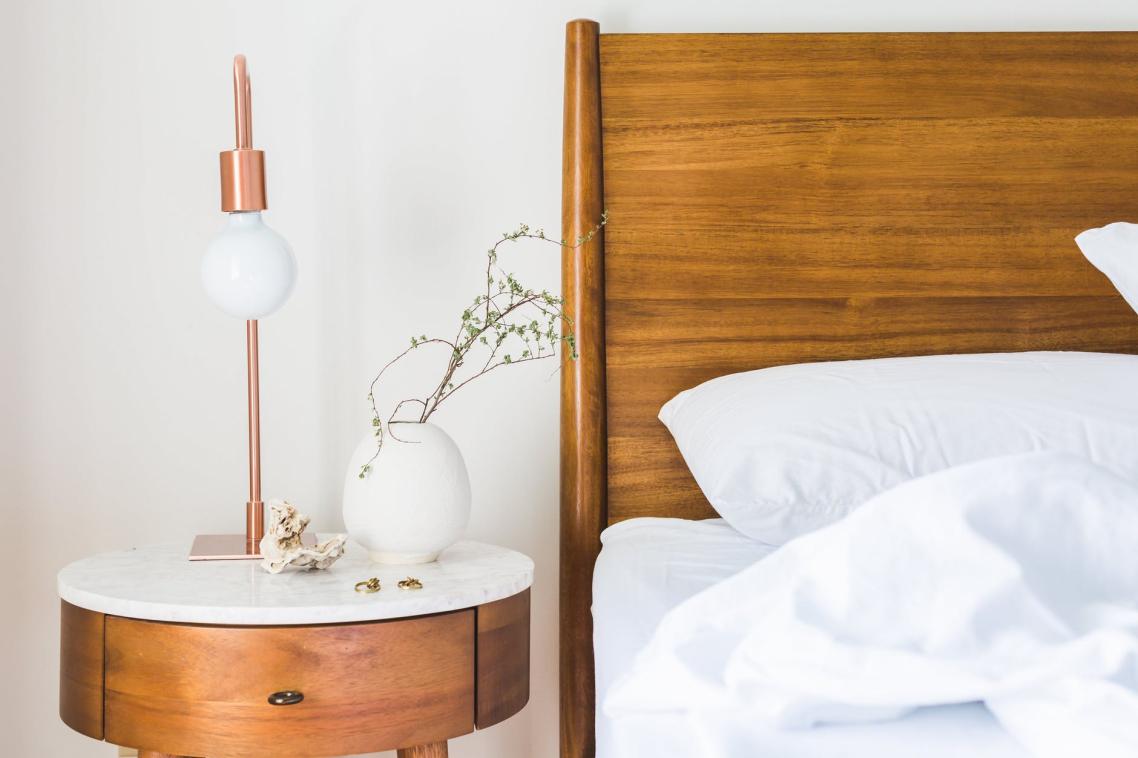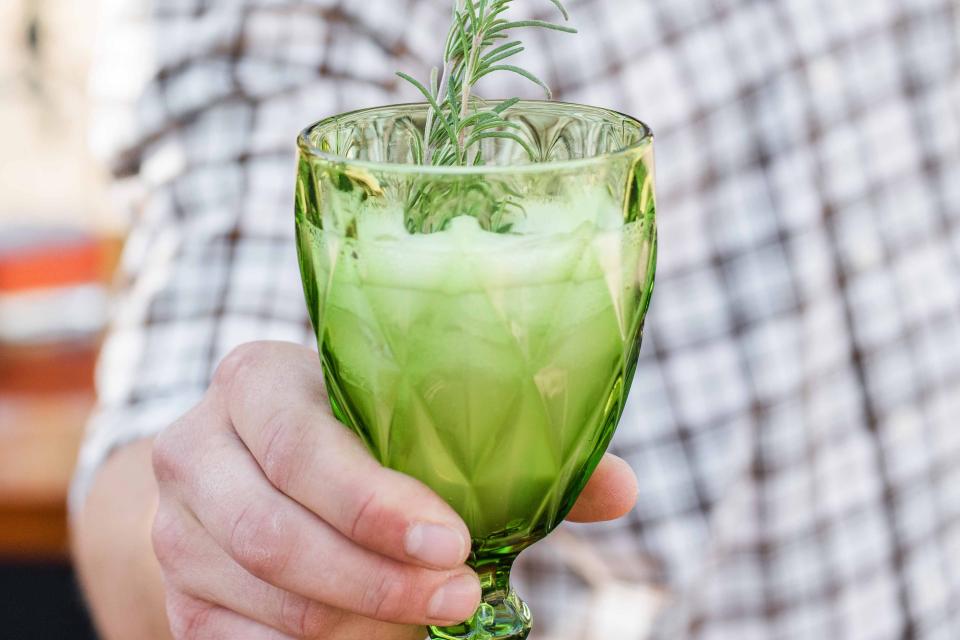When a free drink on vacation can save the environment

It’s not every week a researcher finds the actual answer to her academic challenge is to offer free drinks all round – then wins a global prize for the discovery.
University of Queensland tourism expert Professor Sara Dolnicar said her research primarily sought to convince guests at the 96-room, four-star Bohinj Eco Hotel in Slovenia to voluntarily forgo their “often unnecessary” full daily room clean, including fresh bedsheets, in exchange for free drink vouchers.
“Each daily clean uses about 35 litres of water, 100 ml of chemicals and 1.5 kWh of electricity, costing the hotel $13 on average per room,” Professor Dolnicar said.
“Upon check in, we offered to split the the savings of a room clean with guests, providing them with a free drink voucher, which dramatically raised the percentage of those willing to skip their daily room clean, lifting it from three to 42 per cent.”

Adding a pro-environmental message “interestingly” did not further increase the rate, said Professor Dolnicar, an Australian Research Council Laureate Fellow.
“The experiment taught us a lot about how Equity Theory can be used to change human behaviour,” she said.
“This theory postulates that people seek to balance social exchanges. They want to get as much as they give, and give as much as they get.
“Some guests can be sceptical when hotels remove services for environmental reasons – questioning it as a cost saving motive, however, by offering to ‘split the savings’ with guests for something that will enhance their enjoyment, we found a way to benefit the environment and the hotel.
“It is always hard to convince people to do something that benefits the greater good. But in a context where all they want is to enjoy themselves, such as on vacation, this is particularly challenging.
“It is not surprising the signs commonly used in hotel rooms don’t work very well – they ask guests to sacrifice their vacation enjoyment without offering anything in return.”
Professor Dolnicar’s report on the work received the Travel and Tourism Research Association’s 2019 Charles R. Goeldner Article of Excellence prize, which recognises the study that makes the greatest contribution to tourism research literature in terms of impact on tourism theory and management practice.
Professor Dolnicar received the award in 2015 and 2004, and now becomes the only three-time winner.
The study is part of Professor Dolnicar’s larger Australian Research Council-funded research program at UQ, aimed at triggering pro-environmental behaviour in “pleasure-seeking contexts” such as vacations.
Professor Dolnicar is an Australian Research Council Laureate Fellow, and this research is published in the Journal of Travel Research. (DOI: 10.1177/0047287517746013)
Professor Dolnicar explains the research in a video here.
Contact: Professor Sara Dolnicar, ph +61 437 216 185, s.dolnicar@uq.edu.au.; Emma Pryor, Faculty of Business Economics and Law, ph +61 0421 772 888 e.pryor@business.uq.edu.au.
Related articles

Miners digging deeper for longer to supply renewable energy transition

TIME Magazine ranks UQ as Australia’s top university
Media contact
UQ Communications
communications@uq.edu.au
+61 429 056 139

